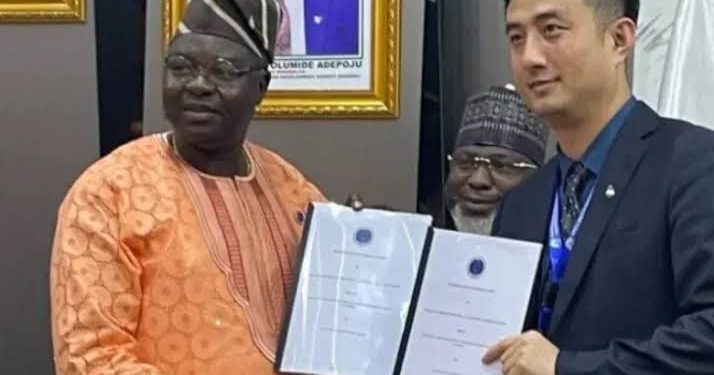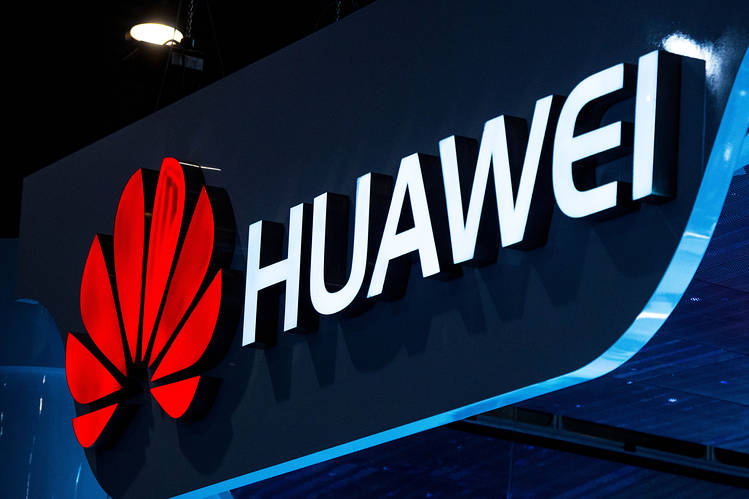Nigeria’s National Space Research and Development Agency (NASRDA) has entered into a landmark partnership with Chinese satellite firm Galaxy Space to deploy Direct-to-Device (D2D) satellite communication services across the country. The agreement, formalised through a Memorandum of Understanding signed in Abuja, is expected to transform how Nigerians connect especially in rural and underserved communities.
Galaxy Space is a Chinese leader in building cost-effective Low Earth Orbit satellites, designed to deliver commercial broadband internet without reliance on traditional infrastructure. Through this collaboration, Nigeria is taking a bold step towards bridging its digital divide using space-based communication technologies that bypass the need for cell towers and terrestrial base stations.
NASRDA’s Director-General, Dr. Matthew Adepoju, hailed the development as a milestone in Nigeria’s technological advancement. Speaking at the signing ceremony, he noted that this technology will allow devices like smartphones, laptops, and other digital tools to connect directly to satellites, making it possible to stay connected even in areas without mobile network coverage. He added that full deployment of the D2D technology is expected before the end of 2025.
For millions of Nigerians, especially those in remote areas where traditional mobile networks have failed to reach, this initiative holds the promise of digital inclusion and greater access to communication, financial, and government services. According to Adepoju, the new system will help eliminate blind spots in connectivity and contribute to the nation’s digital economy goals. He urged public and private institutions, including banks and government agencies, to support the rollout and adoption of the technology.
The partnership is not only about connectivity. It also includes provisions for technology transfer and human capital development. Nigerian engineers will gain hands-on experience and training in satellite communication technologies, enhancing the country’s ability to localise and eventually produce some of these solutions. Adepoju stressed the need for Nigeria to reduce its dependence on imported devices and begin building local technical capacity.
A representative of Galaxy Space, Mr. Sam Xiao, expressed strong confidence in Nigeria’s potential to lead the deployment of D2D technology across the African continent. He also proposed a joint initiative to build a CubeSat, a miniaturised satellite that would be designed and produced with direct involvement from Nigerian engineers. This project, he explained, would serve as a symbol of collaborative innovation and knowledge-sharing between both countries.
The technology being introduced through this partnership allows digital devices to communicate directly with satellites, bypassing conventional telecommunications infrastructure. For countries like Nigeria that face challenges with mobile tower deployment and network coverage, this represents a leap toward reliable, accessible communication.
If successfully rolled out, this development could place Nigeria ahead of global competitors, including Elon Musk’s Starlink, which has hinted at plans to launch a similar D2D service. While Starlink currently operates in six countries such as the U.S., Canada, and Japan. it has yet to offer a timeline for D2D deployment in Nigeria. Galaxy Space’s collaboration with NASRDA could allow Nigeria to move faster and more locally, becoming a continental leader in space-based communications.
With this agreement, Nigeria is not just improving connectivity, it is laying the groundwork for greater self-reliance in technology, expanding the digital economy, and opening new frontiers for innovation and entrepreneurship.










